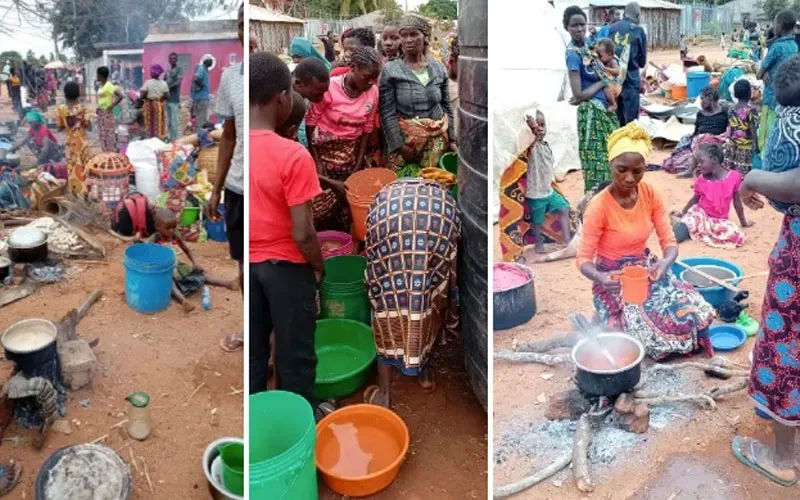Maputo, 03 February, 2023 / 9:35 pm (ACI Africa).
The Catholic charity, Denis Hurley Peace Institute (DHPI), has warned of impending famine in Mozambique’s Cabo Delgado, noting that IDPs in the embattled province are already experiencing food shortage.
In a Friday, February 3 interview with ACI Africa, DHPI Director, Johan Viljoen, said that the humanitarian situation in Cabo Delgado may deteriorate should the United Nations World Food Programme (WFP) stop food distribution in the province as the agency had already foreseen.
In November last year, WFP described Cabo Delgado as “the most food insecure province in Mozambique”, expressing fear that the UN agency could be forced to suspend aid to the hungry owing to a shortage in funding.
“The United Nations World Food Programme (WFP) is today warning that it will be forced to suspend its life-saving assistance to one million people – at the peak of the hunger season in February – unless additional funding is urgently received,” the UN agency announced last year, and added, “Cabo Delgado is the most food insecure province in Mozambique and food security continues to deteriorate.”
According to WFP, nearly 1.15 million people in the Mozambican province are suffering “crisis” or “emergency” hunger.








